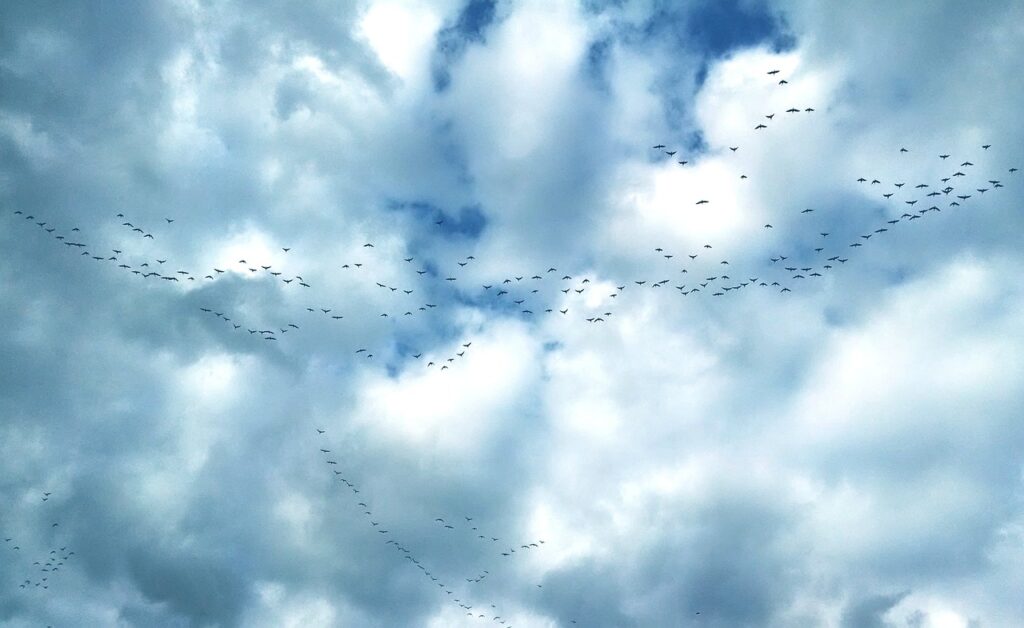Gilbert White’s House and Gardens has been chosen as one of thirty-six small museums across the UK to be awarded funding of up to £3,500 by the Royal Society in the latest round of its Places of Science scheme to engage communities with their local science stories.
Places of science aims to celebrate projects that will evoke curiosity, interest and enthusiasm by exploring science in a creative way, while also contributing to the museum sector’s recovery. From family days at the museum, through community-led creation and curation, to workshops for schools and documentary filmmaking, projects offer an exciting way for people to engage with science in the local area and beyond.

Migrant Journeys
Migrant Journeys is an exciting new project centering around the theme of migration. The house was the home of 18th century naturalist Gilbert White, who made pioneering discoveries into the movements of migratory wildlife species. He was one of the first to investigate through ‘watching narrowly’ where swallows and swifts went during the winter when colder conditions approached and began to consider the possibility of long-distance migration.
Fiona Oakley, Learning Programmes Manager at Gilbert White’s House and Gardens says:
“We are delighted to be in partnership with local charity the Rural Refugee Network, to bring young people who have suffered the trauma of forced migration to experience first-hand the wellbeing benefits of sensory connection with nature. Working with an art facilitator they will reflect on the journeys they made to come to England and the journeys made by birds, moths and butterflies from these shores to other places. The legacy of Gilbert White’s investigations into migration and the changes affecting the timings of nature’s calendar due to climate change will give both a historic and contemporary context for the day”
Professor Russell Foster CBE FMedSci FRS and Chair of the Places of Science allocation panel, said: “We have such an exciting array of themes being explored by the Places of Science awardees this year, from the history of space exploration to maths in the Islamic world and the impact of climate change at a local level.
“It has been wonderful to see so many creative ways of sharing scientific stories that are both engaging and accessible. I hope these projects allow people of all ages to connect with science in new ways and feel a shared sense of ownership of their local scientific history.”
Professor Carlos Frenk CBE FRS, cosmologist and Chair of the Royal Society Public Engagement Committee, said: “The Royal Society Places of Science scheme is now in its fifth round, and once again, the sheer diversity of projects and the creativity of this year’s awardees is astounding.
“Science plays a daily part in all our lives, and I’m delighted to think that new audiences from across the UK will be able to learn about the fascinating ways in which science has shaped their local communities throughout history and the vital role that it continues to play today.”
Find more information on other recipients here: https://royalsociety.org/grants/places-of-science/places-of-science-2024/
